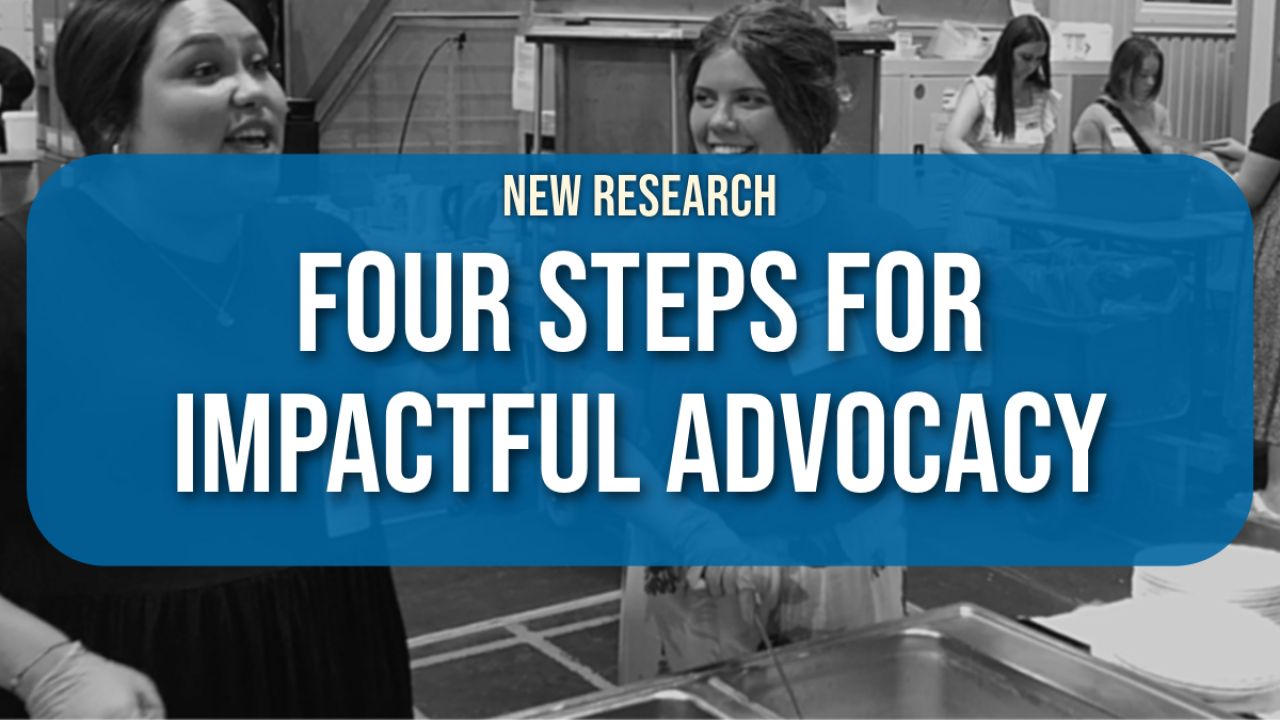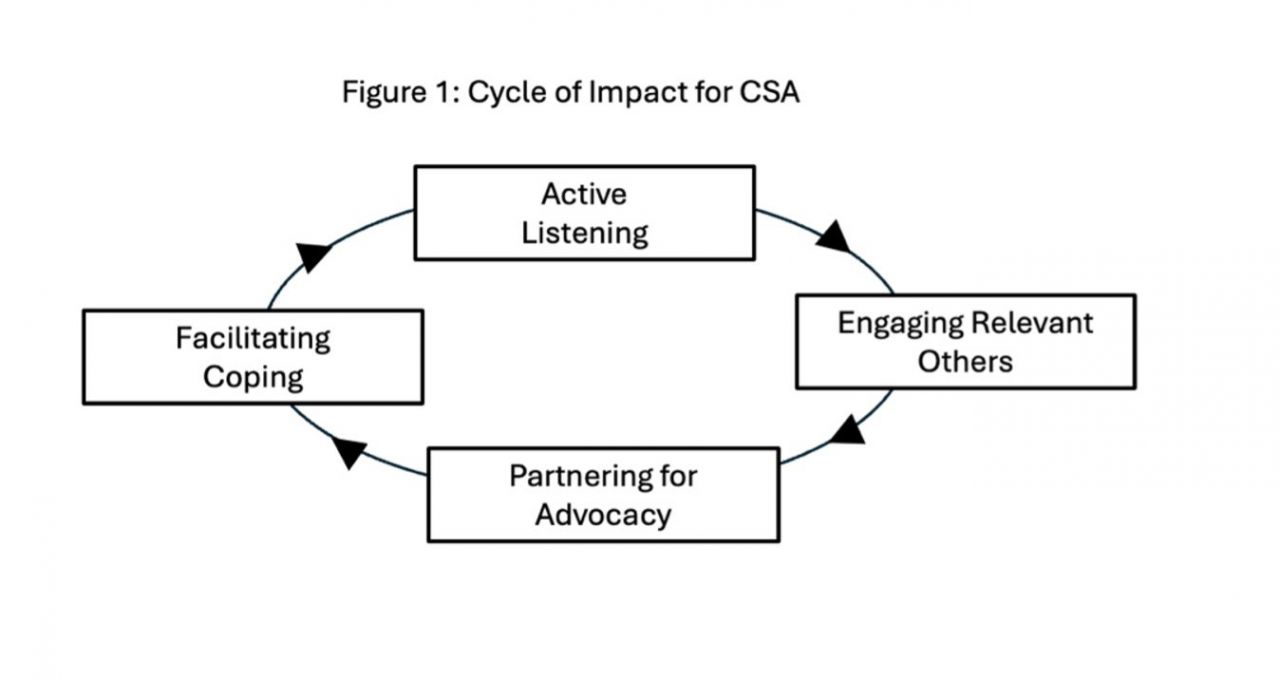February 04, 2025
The Cycle of Impact: New global study shows how to support a controversial social issue

You’re a public relations professional and you want your organization to support a potentially controversial issue, but you’re worried it might backfire. After all, supporting the wrong issue could turn off your consumers and other stakeholders and could even lead to boycotts. You wouldn’t be the first to worry about this.
The push to engage in what has been referred to as corporate social advocacy (CSA) is an ongoing response to pressure from consumers that the companies they purchase from have a social conscience. This is more than CSA in which a company engages in socially responsible business practices like local sourcing, environmentally sustainable business practices and supporting employee health and well-being. No, CSA is risky because it entails advocating for or otherwise engaging in a cause that is unrelated to business interests and which could lead to a negative backlash.

Let’s take the ongoing refugee crisis, for example. Its impact is global — there are over 110 million forcibly displaced people around the world. Supporting refugees is not without its issues, including distrust and the burden that displaced persons can present to a community. To make matters worse, negative attitudes toward refugees abound, driven by concerns about economic risks, religious threats and questions of deservingness. Female refugees face particular discrimination — male refugees are covered in the media eight times more than female refugees. The need to support refugees has never been greater, nor has the risk.
To answer this risk-reward question, we interviewed refugees and the NGOs that support them around Europe (Austria, Germany, Slovenia, Italy and Portugal) and the United States. In all, we interviewed 20 female refugees and 20 NGO representatives (including volunteers, directors and staff), asking them what constituted impact. We also served at refugee centers, getting on-the-ground experience with refugees. Our research showed that companies may not be doing it right.
More often than not, companies preferred to donate incognito and get out. Some wanted to donate, snap some pictures for their social media and go back to work. While funding was always appreciated, it didn’t move the needle in supporting the refugee cause. Both refugees and NGOs made the statement, “We are not a zoo, and we don’t like being treated like one.”
One NGO director also bemoaned what they called the “Sandwich-Apple-Water Bottle” support strategy — in which people think all you have to do is give refugees some food and send them on their way.
Instead, we discovered four actions that make a difference when advocating for a social issue:
- Listen to the needs of crisis-affected publics (in this case, refugees, community members, and NGO representatives), including listening for diverse needs and challenges and humanizing those affected.
- Engage relevant others, including, in this study, community members and volunteers.
- Partner for advocacy, in which organizations work with NGOs or other support organizations to advocate for the issue. In this way, organizations share the risk with those “in the know” about the issue.
- Help affected publics cope with the changes brought on by the issue or crisis. In this study, coping included helping refugees build community connections, like one NGO that held a regular cooking class with refugees and community members.
The above actions help organizations share risk and ensure impact (which, in turn, reflects well on organizational reputation), and may be best understood as a cycle of impact in which each action reinforces the other.

As a cycle, supporting a social issue is an ongoing endeavor, in which you, the public relations professional, can negotiate moments to give more support or to scale it back, based on continuous needs assessment.
For more information about this study, email Brian at smithbg@olemiss.edu or Staci at smithsb@olemiss.edu. This project was supported by a 2023 Page/Johnson Legacy Scholar Grant from the Arthur W. Page Center.
